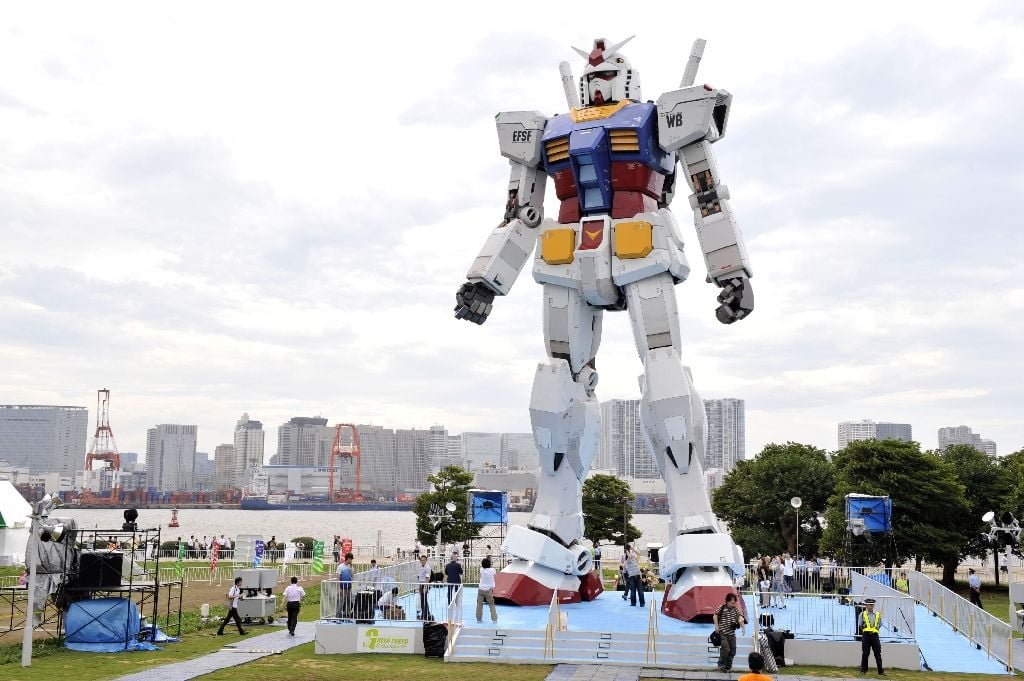Hod Lipson, the mechanical engineer in charge of the Creative Machines Lab at Columbia University in New York, is creating a machine that will have “consciousness on par with a human”, eclipsing “everything else we’ve done”.
Lipson believes that conscious robots may even be able to cure cancer.
Consciousness is one the most divisive questions in artificial intelligence, but other than the technological challenge that stands in the face of achieving this goal, the word itself is philosophically vaguely and subjectively defined.
According to The New York Times, scientists are trying to nail down consciousness to specific brain functions but always face an inconclusive end.
In his own words, Lipson describes consciousness as the capacity to “imagine yourself in the future”.
He has worked to build adaptable machines as generalised intelligence that can learn to evolve by machine-learned natural selection and respond to changing environments and errors or injury within the mechanical body.
Machines won’t just learn and correct themselves but will be able to imagine how they can better evolve.
While humans anthromorphisise human traits onto non-humans, especially machines, researchers hope that robots can adopt human traits and qualities, projecting humanity onto conscious machines.
















